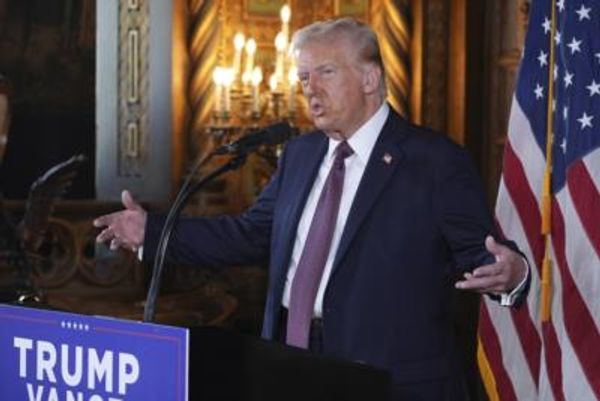
Inflation is a growing concern in the United States and globally, with potential implications stemming from the economic policies of newly elected US President Donald Trump. Trump's campaign promises to reduce taxes, tighten immigration policies, and increase tariffs on imported goods could lead to a rise in inflation rates.
With a Republican majority in the US Senate and Trump's reelection, there is a strong likelihood of his administration implementing these proposed economic changes. Antonio Fatás, an economics professor at INSEAD business school, warns that the full execution of Trump's policies may result in a significant decrease in US economic output and a notable increase in inflation.



Susannah Streeter, head of money and markets at investment platform Hargreaves Lansdown, supports these concerns. She notes that the anticipation of tax cuts, higher tariffs, and stricter immigration measures under Trump's leadership is already reflected in the strengthening of the US dollar. These actions are expected to be inflationary and could lead to elevated interest rates in the future.
Investors are preparing for potential tariffs that would raise the prices of imported goods for American consumers. Additionally, Trump's proposed deportations of immigrants could impact companies by potentially increasing wage bills. The combination of these factors suggests a complex economic landscape ahead, with inflationary pressures looming on the horizon.







